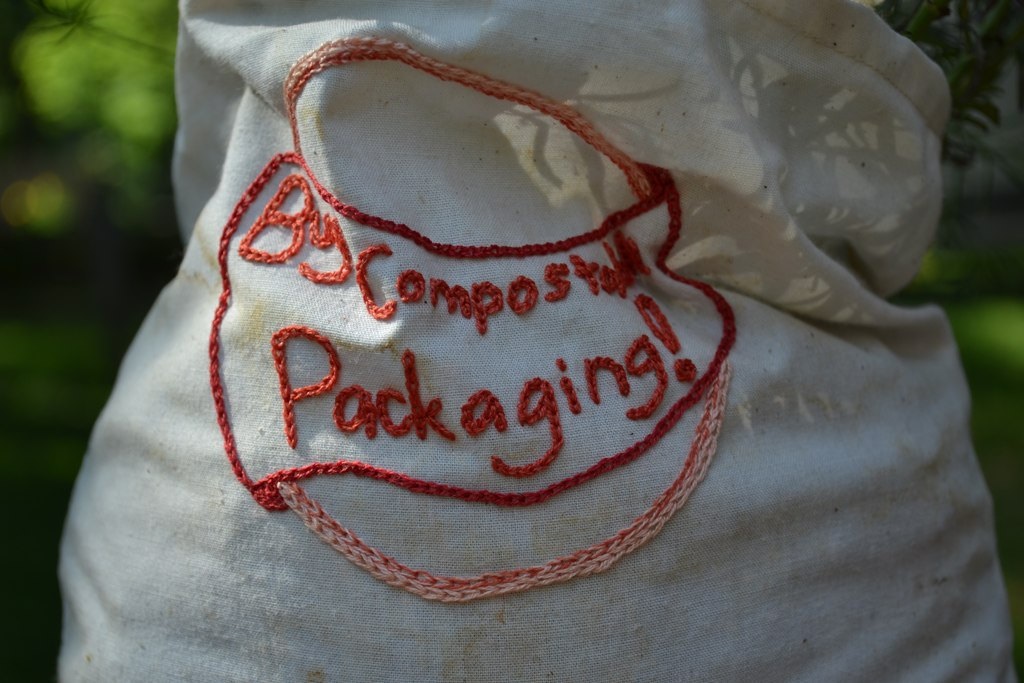No matter what your focus is – beverages, snacks, confections, meat, take-out/delivery – there’s one thing that’s universal: packaging. Whether you’re an operator or manufacturer, you should be concerned with how products are packaged, as packaging alone can sway consumers’ purchasing decisions. According to Datassential TrendSpotting’s Creative Concepts: Retail Packaging issue, 41% of consumers say that packaging is an important aspect of their food and beverage purchases at retail, while 43% believe it’s important that retail packaging minimize waste by being recyclable, reusable, or otherwise eco-friendly. Datassential’s Sustainable Disposables PULSE Topical Chapter also notes that over a third of operators are planning to increase their volume of sustainable disposables (think alternatives to single-use plastic takeout containers, cups, cutlery, etc.). With straw bans looming or already implemented in some cities, major chains like Starbucks and McDonald’s are looking beyond the straws to the cups themselves, working together on the NextGen Cup Challenge to find the most sustainable solution. Below are a few sustainable concepts operators and manufacturers alike can take inspiration from, as eco-friendliness concerns among consumers continue to grow:
Edible disposables
Imagine drinking a cocktail and then being able to eat the cup, which has a flavor that complements the beverage. Actually, there’s no need to imagine – Loliware has made it a reality with their seaweed-based edible cups, sold in trendy flavors like matcha tea or yuzu citrus. Keeping waste minimization top-of-mind, Loliware founders Leigh Ann Tucker and Chelsea Briganti’s line of edible cups can take the place of traditional disposable cups – Forbes reports that the edible cups fully compost within just 60 days of disposal and don’t need go through an industrial composting facility. The one element of the cup that’s not edible, the paper sleeve, is compostable. As the product gains traction, companies may look to innovations like Loliware’s “biodegr(edible)” line that’s expanding to include edible straws called Lolistraws, and potentially in the future edible water bottles and other tableware. The team’s goal currently is to replace one billion plastic disposables by 2020.
Biodegradable alternatives
When Durham, NC-based Counter Culture Coffee redesigned the packaging for its retail coffee beans, waste minimization was a priority. The company started by swapping the foil-lined bags that were destined for the landfill to Biotrē film, a material created by Pacific Bag Inc. that’s biodegradable. On their blog, Counter Culture says that “moving along the spectrum from unsustainable towards sustainable can feel daunting, because so much time is spent making small steps towards a goal that can be far away.” The process is often gradual, but can pay off.
Another operator making waves in the sustainable packaging space is Florida-based SaltWater Brewery, which debuted its Screamin’ Reels IPA with a next-level six-pack ring designed by startup E6PR. It’s made with wheat and barley (goodbye, plastic), so it’s biodegradable and compostable in addition to being harmless to animals when ingested. Fast Company reports that if E6PR’s packaging “works and can compete on price, it could eventually replace plastic rings completely,” not just for beer but other packaged beverages, too (think water bottles and soda).
Compostable options
To ensure that both the food or beverage product and its packaging receive equal attention, a number of companies are actually designing the packaging first. According to Whole Foods, the founder of Quinn Snacks, Kristy Lewis, started not with the popcorn the company has become known for but with the popping bag (which is free of chemical coatings and plastic and instead made with recycled compostable paper) in order to create a snack that’s truly cleaner.
Similarly, Cameron’s Specialty Coffee saw a need for eco-friendly single-serve coffee pods when they launched EcoPods. According to the National Coffee Association and Statista, one in three Americans owns a single-cup coffee maker, and Consumer Reports reported last year that “while the machines certainly prove convenient, there’s a trade-off: millions of used coffee pods end up in landfills.” In an effort to make single-serve coffee pods more sustainable, Cameron’s EcoPods are made with plant-based materials rather than plastic, so they can be fully composted.
Make sustainable packaging a priority, not an afterthought
Packaging shouldn’t be an afterthought – looking to more sustainable options is a concern not just among environmentalists, but also the everyday consumer. This means the topic isn’t just relevant to one particular segment: it’s important to the entire industry.
Related stories:
- How general merchandise products are striving toward clean-label
- Accelerators match big players with promising food startups
- Execs discuss how to thrive in today’s grocery industry
Jaclyn Marks is a senior publications specialist at Datassential, a supplier of trends, analysis, and concept testing for the food industry.
__________________________________________________
If you enjoyed this article, sign up for CIA ProChef SmartBrief, GMA SmartBrief, or Restaurant SmartBrief to get news like this in your inbox, or check out all of SmartBrief’s food and travel newsletters as we offer more than 30 newsletters covering the food and travel industries from restaurants, food retail and food manufacturing to business travel, the airline and hotel industries and gaming.
